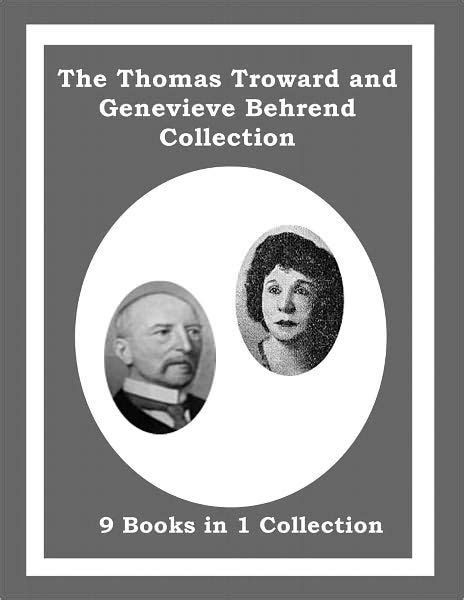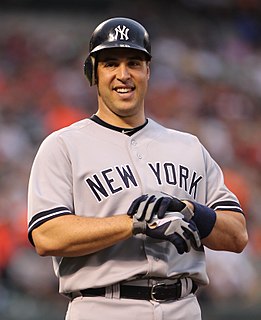A Quote by Tom Shadyac
The word contentment comes from the word content, which is what we hold inside - love, value, a feeling of a life that has meaning or purpose, a cause greater than yourself that you're a part of. These are the things that bring true happiness. As a culture, I think we need to redefine what it means to be happy.
Related Quotes
A feeling that greater possessions, no matter of what kind they may be, will of themselves bring contentment or happiness, is a misunderstanding. No person, place, or thing can give you happiness. They may give you cause for happiness and a feeling of contentment, but the JOY of Living comes from within.
Wise or unwise, who doubts for a moment that contentment is the cause of happiness? Yet the inverse is true: we are contented because we are happy, and not happy because we are contented. Well-regulated minds may be satisfied with a small portion of happiness; none can be happy with a small portion of content.
We must make a great difference between God's Word and the word of man. A man's word is a little sound, that flies into the air, and soon vanishes; but the Word of God is greater than heaven and earth, yea, greater than death and hell, for it forms part of the power of God, and endures everlastingly.
Whenever we remember a series of events, we remember them different. We are constantly changing. It's a flaw, but on the other hand, when we say a word, the meaning is not what you put into it. Rather, the meaning of the word is all of the past usages of that word. Like this cloud that makes up the meaning of the word. It's your subject if you write. For instance what you put in that word and what you assume it means, even its flaw. It has a general agreement.
The only difference between causation and the value is that the word "cause" implies absolute certainty whereas the implied meaning of "value" is one of preference. In classical science it was supposed that the world always works in terms of absolute certainty and that "cause" is the more appropriate word to describe it. But in modern quantum physics all that is changed. Particles "prefer" to do what they do. An individual particle is not absolutely committed to one predictable behavior. What appears to be an absolute cause is just a very consistent pattern of preferences.
Sometimes, when I am tired of so many oscillations, I look for refuge in a word which I begin to love for itself. Resting in the heart of words, seeing clearly into the cell of a word, feeling that the word is the seed of a life, a growing dawn... The poet Vandercammen says all that in a line: "A word can be a dawn and even a sure shelter."
Contentment is the door to god. If one is contented, one has already arrived. And the meaning of contentment is absolute acceptance as you are. Contentment means acceptance, discontentment means non-acceptance. A wants to become B - that is discontent. A is perfectly happy in being A, there is no desire to become B - that is contentment.
True values entail suffering. That’s the way we think. All in all, we tend to view melancholia as more true. We prefer music and art to contain a touch of melancholia. So melancholia in itself is a value. Unhappy and unrequited love is more romantic than happy love. For we don’t think that’s completely real, do we?…Longing is true. It may be that there’s no truth at all to long for, but the longing itself is true. Just like pain is true. We feel it inside. It’s part of our reality.
To love very much is to love inadequately; we love-that is all. Love cannot be modified without being nullified. Love is a short word but it contains everything. Love means the body, the soul, the life, the entire being. We feel love as we feel the warmth of our blood, we breathe love as we breathe the air, we hold it in ourselves as we hold our thoughts. Nothing more exists for us. Love is not a word; it is a wordless state indicated by four letters.

































